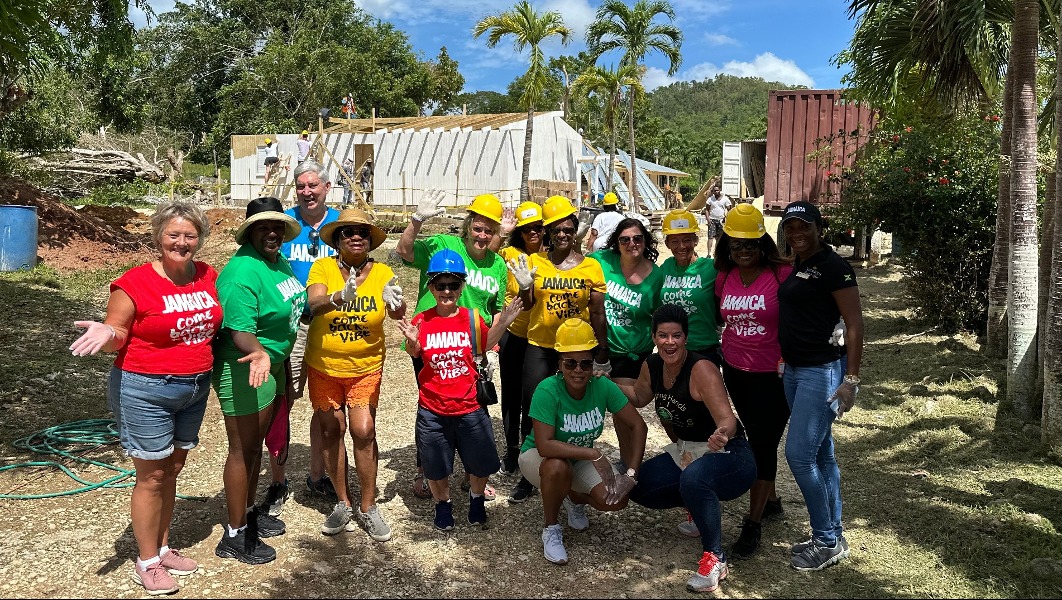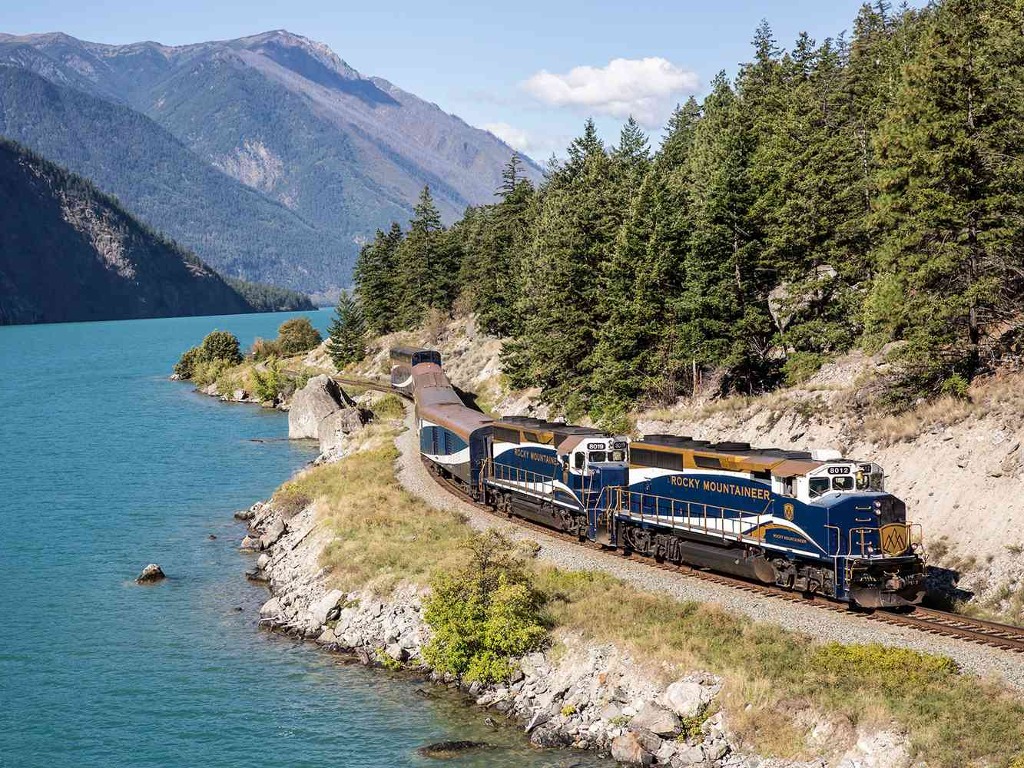An Industry In Peril
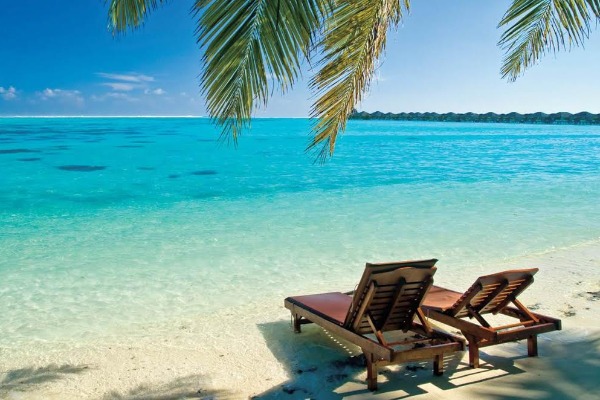
Why us alone?
It’s a question that Caribbean tourism destinations and Mexico may well be asking themselves in the wake of Ottawa convincing Air Canada, WestJet, Air Transat and Sunwing to suspend service to those parts of the world for three months but allow the carriers continue to operate to other parts of the world, including sun destinations such as Florida, which normally sees huge numbers of Canadians and certainly struggled with the coronavirus pandemic for much of 2020.
The suspension of flights to the affected destinations will hit a number of tourism-dependent economies in a major way, reports Press Today’s Ian Stalker.
“Well, to some degree we expected travel restrictions [would] be tightened since the government had been warning Canadians to avoid non-essential travel for a while, but we have to say It’s a real blow to the tourism industry. It put the whole travel industry in peril,” said Lessner Gomez, who oversees the Cuba Tourism Board’s Toronto office.
Gomez continued: “On the other hand, public health is paramount and we understand and support any measures taken to control the spread of COVID-19. Cuba for instance has been very successful in implementing some restrictions for all the travellers entering the country and through the implementation of certain protocols we have seen positive results and Canadians have been supportive all along, many of them have visited Cuba more than three times in less than a year.”
Nevertheless, Gomez said Ottawa’s latest moves to discourage international travel will have a “huge” impact on his homeland, with Canada being Cuba’s largest tourism market and December-March being the prime season for Canadian visitors.
“To give [you] an idea, in 2020 Cuba received 409,882 Canadians, representing only 37 % of what we received in the previous year (2019). Now, with the cancelation of all the flights from Canada, the impact will be even higher,” Gomez told Press Today.
And he observed: “That’s too bad because Cuba moved quickly and went through a strong hygienic-sanitary certification process, created molecular laboratories to secure PCRs upon arrival plus the one needed before leaving the country. Canadians continued traveling to Cuba even during the pandemic, they are familiar with Cuba as a safe destination and with the strength of the Cuban health system. At the moment of the announcement all Canadian tour operators were flying to main Cuban destinations.”
Gomez added: “We recognize that the reasoning behind the Canadian government’s decision is that the majority of Canadians travel to Mexico and the Caribbean at this time (given that the snowbirds already face some restrictions at the land border) and definitely they want to discourage international travel, but to be honest, it’s still disappointing that we don’t have a winter program.”
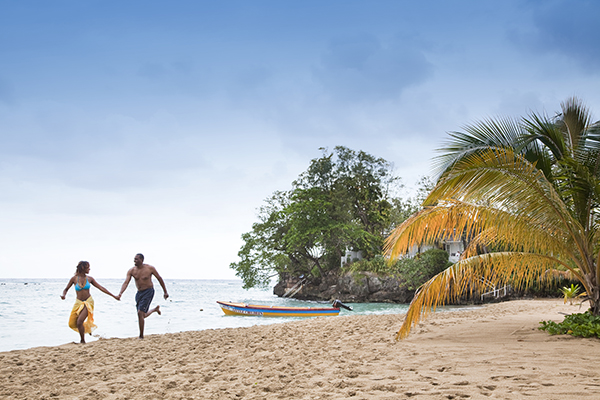
Angella Bennett, who heads the Jamaica Tourist Board’s Canadian operation, also said she understands Ottawa’s wish to contain coronavirus but rejects any suggestion that those visiting her country will be at greater risk for catching coronavirus than they would be in most other parts of the world.
“While we understand that the safety and well-being of all citizens is paramount at this time, we were disappointed by the extent of the measures announced, by Prime Minister Trudeau last week,” she said.
However, Bennett points out thtat: “Given Jamaica’s continued commitment to delivering the highest levels of health and safety for visitors, tourism workers and local communities, we were particularly surprised that flights have been suspended into the destination.”
She continued: “From the outset of the pandemic, Jamaica has been a global leader in mitigating the spread of Covid-19. In early January, we significantly expanded our PCR testing across the island, quickly bringing the destination into compliance with new rules and testing requirements for travellers from Canada.”
And she emphasized: “We have done everything we can to adapt to the changing travel landscapes and we want Canadians to know that the destination is prepared for them when travel into the region resumes again.”
Bennett labelled her homeland a small, tourism dependent country and said Ottawa’s latest moves will a “dramatic impact” in a land where tourism employs 170,000 directly and affects another 120,000 jobs, and more than a third of the economy is linked to the travel industry.
“Canada’s new travel restrictions will have a ripple effect that will have unintended consequences throughout the Caribbean,” she continued. “The loss of airlift will impact hotel partners, attractions, hospitality staff and thousands of workers employed in the tourism sector and related industries.”
However, Bennett praised those in Jamaican tourism as resilient, adding, “We look forward to hosting Canadians on the island again when airlift resumes this spring.”
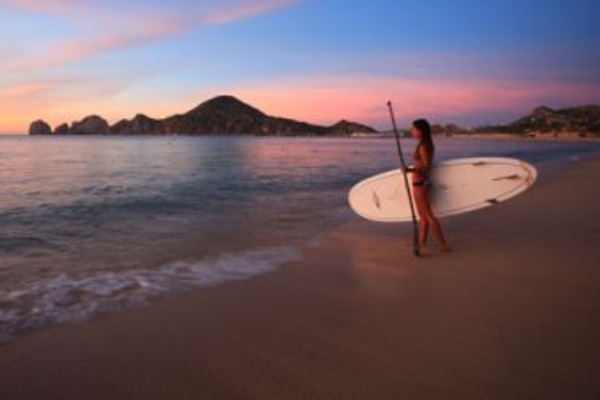
Rodrigo Esponda, head of the tourism board in Los Cabos, said coronavirus has created a “different reality” for international travel and Los Cabos has prioritized both the safety of the destination and visitors alike.
Esponda said local tourism authorities “understand and respect” the federal government working to control coronavirus and added his Pacific Coast sunspot is doing the same.
Los Cabos has launched its A Safer Way to Get Away#Los Cabos With Care campaign in response to the pandemic, with Esponda saying the campaign is comprised of “destination-wide guidelines and certifications to ensure the well-being of visitors on vacation and the local community while patiently waiting for the time –and it will come — when Canadians can travel to Los Cabos again. Canadians really enjoy our destination and we love Canadians. They are the most loyal visitors on a repeat basis.”

